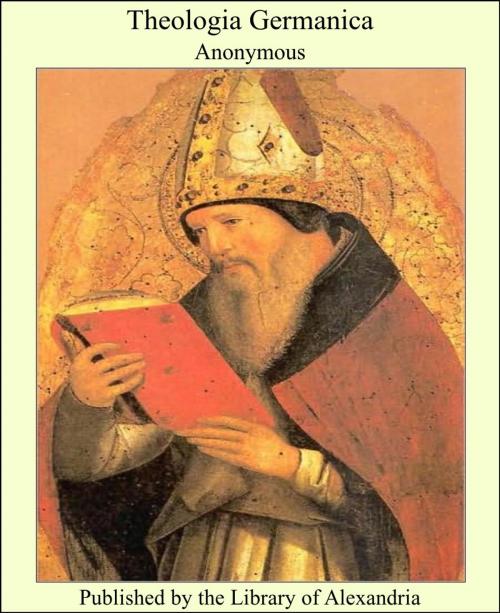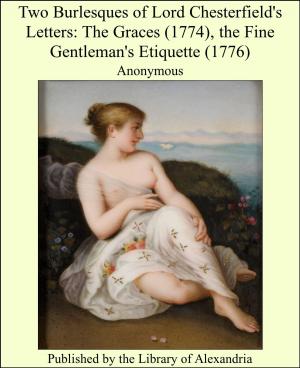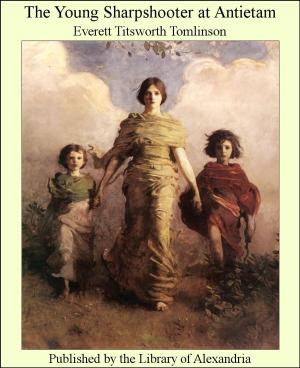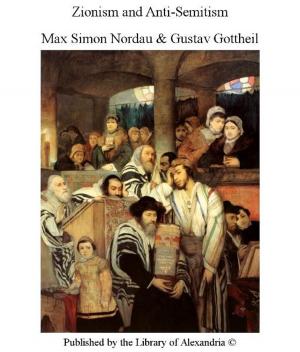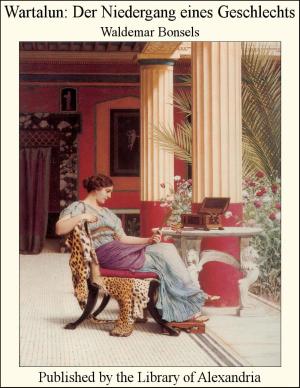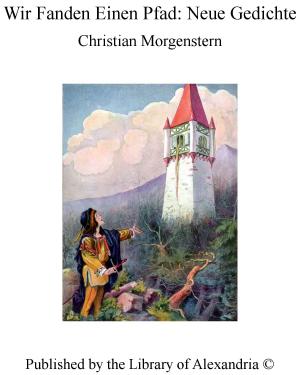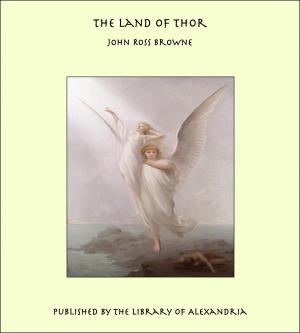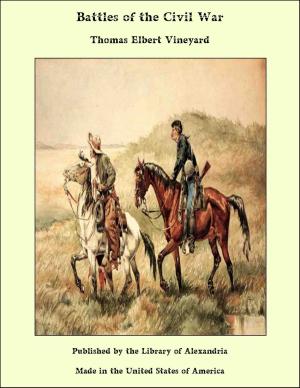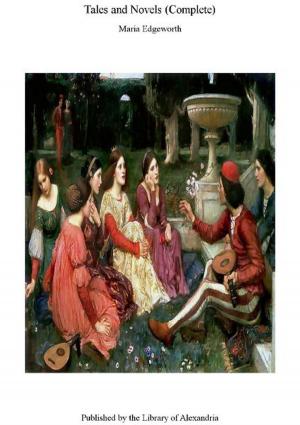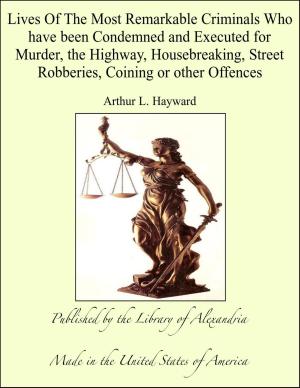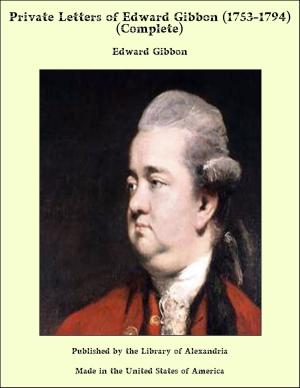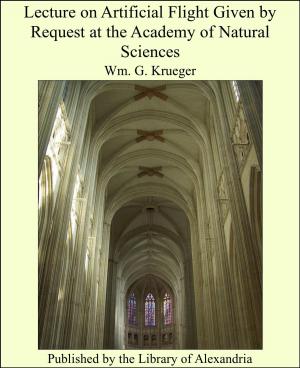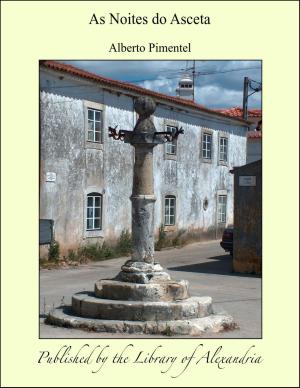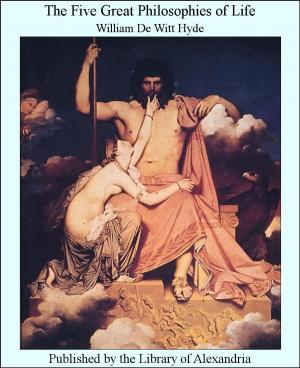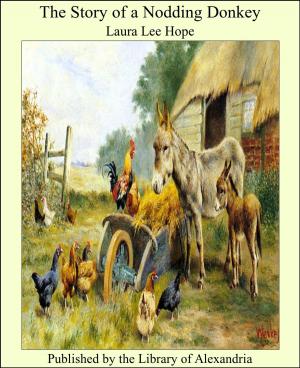| Author: | Anonymous | ISBN: | 9781465541062 |
| Publisher: | Library of Alexandria | Publication: | March 8, 2015 |
| Imprint: | Language: | English |
| Author: | Anonymous |
| ISBN: | 9781465541062 |
| Publisher: | Library of Alexandria |
| Publication: | March 8, 2015 |
| Imprint: | |
| Language: | English |
TO those who really hunger and thirst after righteousness; and who therefore long to know what righteousness is, that they may copy it: To those who long to be freed, not merely from the punishment of sin after they die, but from sin itself while they live on earth; and who therefore wish to know what sin is, that they may avoid it: To those who wish to be really justified by faith, by being made just persons by faith; and who cannot satisfy either their consciences or reasons by fancying that God looks on them as right, when they know themselves to be wrong, or that the God of truth will stoop to fictions (miscalled forensic) which would be considered false and unjust in any human court of law: To those who cannot help trusting that union with Christ must be something real and substantial, and not merely a metaphor, and a flower of rhetoric: To those, lastly, who cannot help seeing that the doctrine of Christ in every man, as the Indwelling Word of God, The Light who lights every one who comes into the world, is no peculiar tenet of the Quakers, but one which runs through the whole of the Old and New Testaments, and without which they would both be unintelligible, just as the same doctrine runs through the whole history of the Early Church for the first two centuries, and is the only explanation of them; To all these this noble little book will recommend itself; and may God bless the reading of it to them, and to all Others no less. As for its orthodoxy; to "evangelical" Christians Martin Luther's own words ought to be sufficient warrant. For he has said that he owed more to this, than to any Other book, saving the Bible and Saint Augustine. Those, on the Other hand, to whom Luther's name does not seem a sufficient guarantee, must recollect, that the of this book was a knight of the Teutonic order; one who considered himself, and was considered, as far as we know, by his contemporaries, an orthodox member of the Latin Church; that his friends and disciples were principally monks exercising a great influence in the Catholic Church of their days; that one of their leaders was appointed by Pope John XXII. Nuncio and overseer of the Dominican order in Germany; and that during the hundred and seventy years which elapsed between the writing of this book and the Reformation, it incurred no ecclesiastical censure whatsoever, in generations which were but too fond of making men offenders for a word
TO those who really hunger and thirst after righteousness; and who therefore long to know what righteousness is, that they may copy it: To those who long to be freed, not merely from the punishment of sin after they die, but from sin itself while they live on earth; and who therefore wish to know what sin is, that they may avoid it: To those who wish to be really justified by faith, by being made just persons by faith; and who cannot satisfy either their consciences or reasons by fancying that God looks on them as right, when they know themselves to be wrong, or that the God of truth will stoop to fictions (miscalled forensic) which would be considered false and unjust in any human court of law: To those who cannot help trusting that union with Christ must be something real and substantial, and not merely a metaphor, and a flower of rhetoric: To those, lastly, who cannot help seeing that the doctrine of Christ in every man, as the Indwelling Word of God, The Light who lights every one who comes into the world, is no peculiar tenet of the Quakers, but one which runs through the whole of the Old and New Testaments, and without which they would both be unintelligible, just as the same doctrine runs through the whole history of the Early Church for the first two centuries, and is the only explanation of them; To all these this noble little book will recommend itself; and may God bless the reading of it to them, and to all Others no less. As for its orthodoxy; to "evangelical" Christians Martin Luther's own words ought to be sufficient warrant. For he has said that he owed more to this, than to any Other book, saving the Bible and Saint Augustine. Those, on the Other hand, to whom Luther's name does not seem a sufficient guarantee, must recollect, that the of this book was a knight of the Teutonic order; one who considered himself, and was considered, as far as we know, by his contemporaries, an orthodox member of the Latin Church; that his friends and disciples were principally monks exercising a great influence in the Catholic Church of their days; that one of their leaders was appointed by Pope John XXII. Nuncio and overseer of the Dominican order in Germany; and that during the hundred and seventy years which elapsed between the writing of this book and the Reformation, it incurred no ecclesiastical censure whatsoever, in generations which were but too fond of making men offenders for a word
